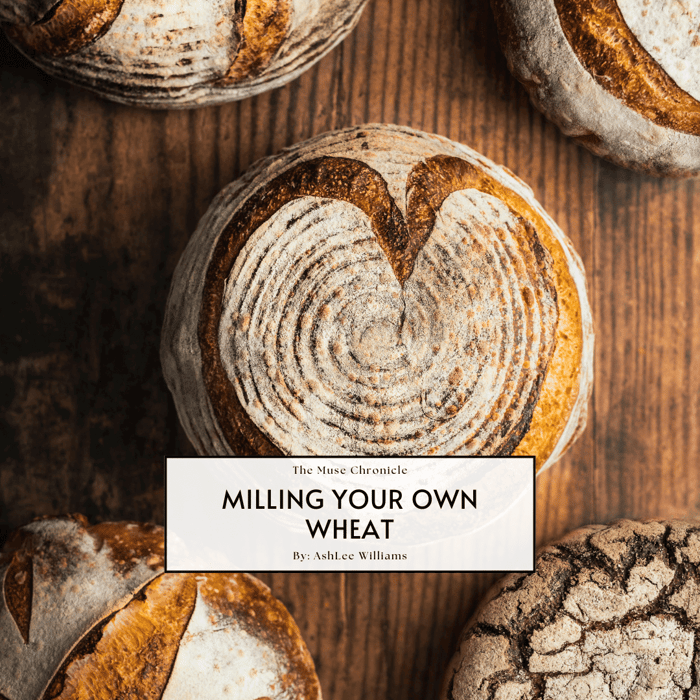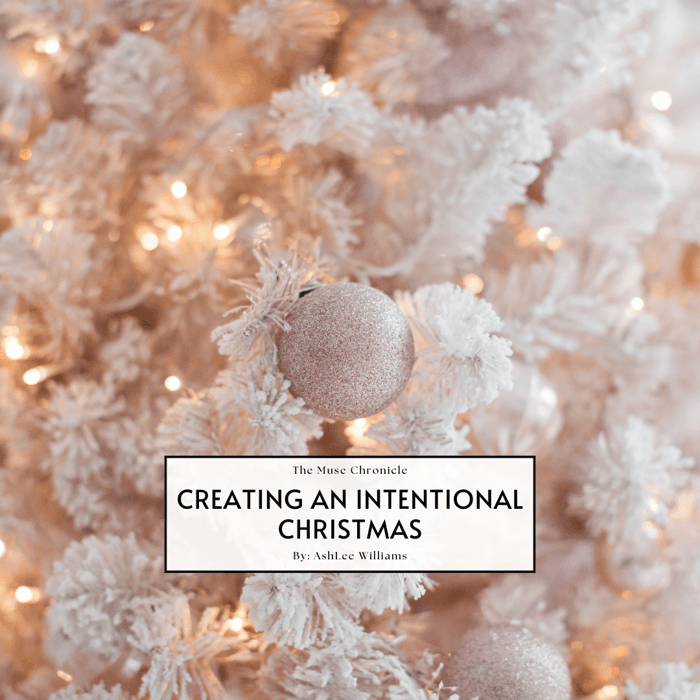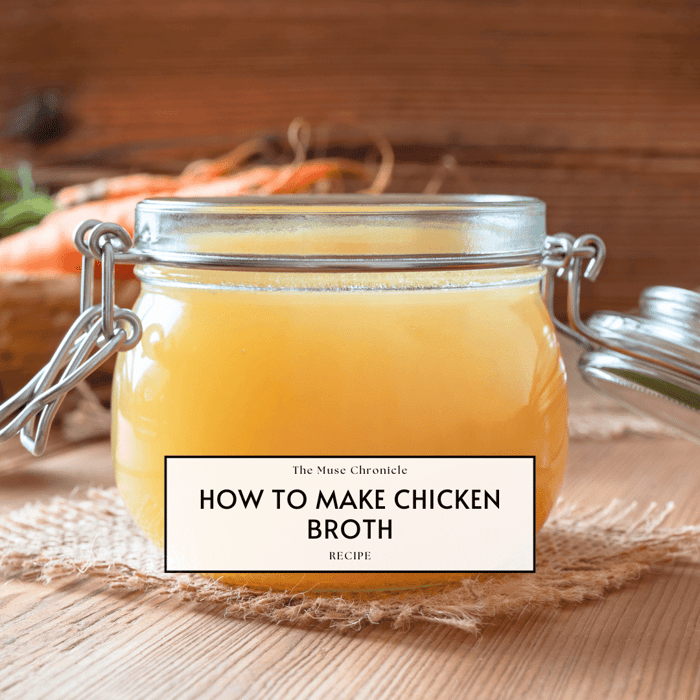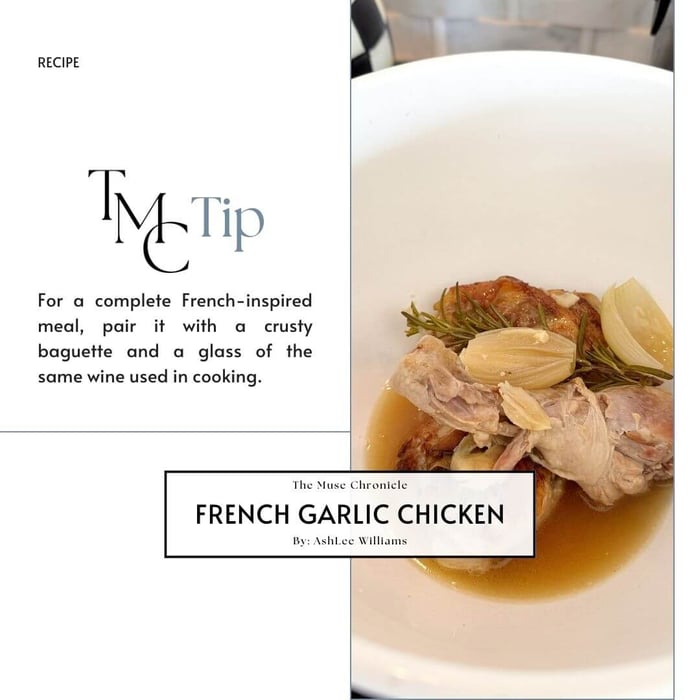When I first learned about "milling your own wheat", I had no idea how much it would change the way I saw food. What began as curiosity quickly became something deeper and more spiritual. In a world that rushes through everything, from the way we eat to the way we rest, I found peace in the simple act of grinding whole grain. It reminded me of the kind of food God created for us, food meant to nourish rather than merely fill.
Bread the Way God Intended
Throughout Scripture, bread is a symbol of life and provision. From manna in the wilderness to Jesus calling Himself the Bread of Life, it has always represented more than sustenance. It is grace that we can hold in our hands. God designed wheat with extraordinary intention. Inside one kernel are nearly all the nutrients our bodies need to thrive. Scientists have found that freshly milled wheat contains about forty of the forty four essential nutrients required for human health. That is not by accident. It is design.
Deuteronomy reminds us that man does not live by bread alone but by every word that comes from the mouth of the Lord. That truth feels even deeper when I think about how perfectly God created food to work with our bodies. We have simply forgotten. Modern food has traded nutrition for convenience. The result is bread that looks perfect but has lost its life.
What Happened to Modern Flour
When we buy flour from the store, we are often buying something that was milled months ago. The bran and germ, which hold vitamins, minerals, and natural oils, are stripped away to make it shelf stable. What remains is a white powder that is easy to store but empty in nutrition. It is no wonder so many people feel sluggish after eating processed bread. The body recognizes the lack of nourishment even if the taste is familiar.
When you mill your own wheat, the difference is immediate. The grain bursts open warm and fragrant. The flour feels alive, with a gentle sweetness that store bought flour cannot imitate. That warmth is the life still present in the grain. You can smell it. You can taste it. You can feel it in your energy after eating.
The Sacred Rhythm of Milling
There is something grounding about pouring whole wheat berries into the mill and hearing the hum begin. The sound becomes a rhythm that slows you down. As the flour falls into the bowl, warm and golden, it feels like participating in something holy. I often imagine the women of Scripture doing the same in their own ways. Their kitchens were places of worship as much as work.
My daughters often help me scoop flour or shape dough. Their little hands covered in flour always make me smile. They are learning that good food takes time, patience, and care. They are also learning that nourishment begins long before the meal. It begins with gratitude for what God has provided.
Bread That Heals
There is so much more to freshly milled flour than taste. It is filled with the natural balance of protein, fiber, B vitamins, and healthy oils that our bodies recognize. Many who believe they cannot tolerate wheat often find that it is not the grain itself but the processing that causes discomfort. When flour is fresh, the natural enzymes and nutrients help the body digest it with ease.
It amazes me to think that God created food that perfectly meets our needs when we leave it in its natural form. Every time I bake a loaf from freshly milled flour, I think of how generous that design is. Bread becomes more than food. It becomes a lesson about how wholeness and healing come from staying close to the source.
Wholeness Over Processed Living
Milling your own wheat is about more than returning to an old tradition. It is about reclaiming the intention behind what we eat. When I mill grain, I feel connected to creation. I am reminded that we were never meant to live on food that can sit on a shelf for years. We were meant to depend on daily provision. We were meant to receive our daily bread in both body and spirit.
Each time I mill, I think of Psalm 104 which says, “He makes grass grow for the cattle, and plants for people to cultivate, bringing forth food from the earth.” That verse captures what this practice has come to mean for me. The earth was already created to feed us perfectly. We only need to honor it.
A Small Beginning
If milling your own wheat feels overwhelming, begin with one step. Buy a small countertop mill and a bag of organic wheat berries. Grind enough for a single loaf or a batch of muffins. Notice the aroma. Feel the flour. Taste the difference. It will change the way you see bread forever.
Over time, you may find what I found. That this small act becomes something much larger. A way to slow down, to pray while kneading dough, and to thank God for simple things that sustain both body and soul.
The true value of milling your own wheat is not just in the bread itself. It is in remembering that food was created to nourish deeply and to remind us that God’s design has always been complete.




